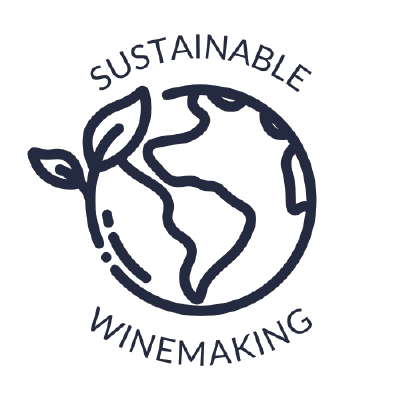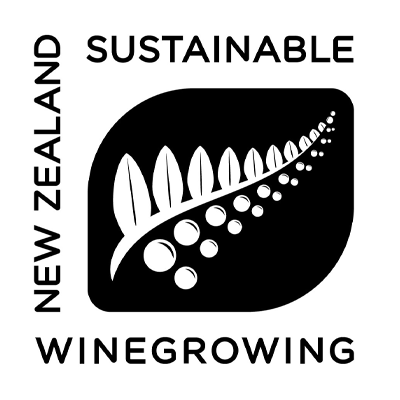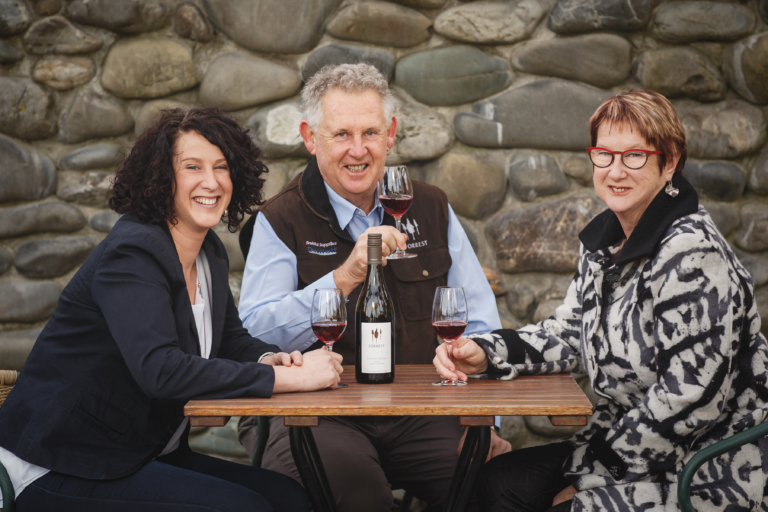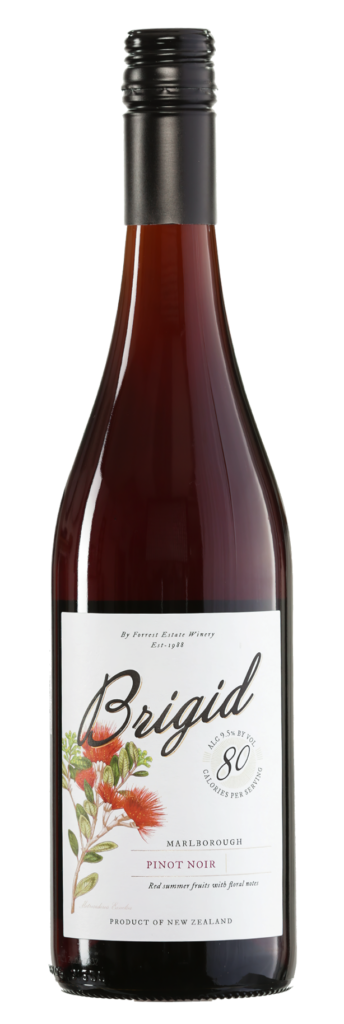Sustainability
Viticulture
- Sheep mow vineyards in winter, wildflowers and cover crops enhance soil health
- Planting to support local biodiversity (wildflowers, native plants, cover crops)
- Minimize soil compaction with multi-use machinery and over-row sprayers
Vinification
- Bottles are made from 80% recycled glass
- Use eco-friendly, recyclable packaging and audit suppliers for ethical practices
- High-quality French and German oak barrels (5–15 year lifespan), repurposed for charity or resale
- Recycled glass and cartons on-site; energy-saving systems and reduced waste
- Focus on energy-efficient refrigeration, with heat recovery system by 2025. Water use reduced to 1.9L per liter of wine, aiming for 30% savings with subsurface irrigation
Accredited by Sustainable Wines New Zealand






